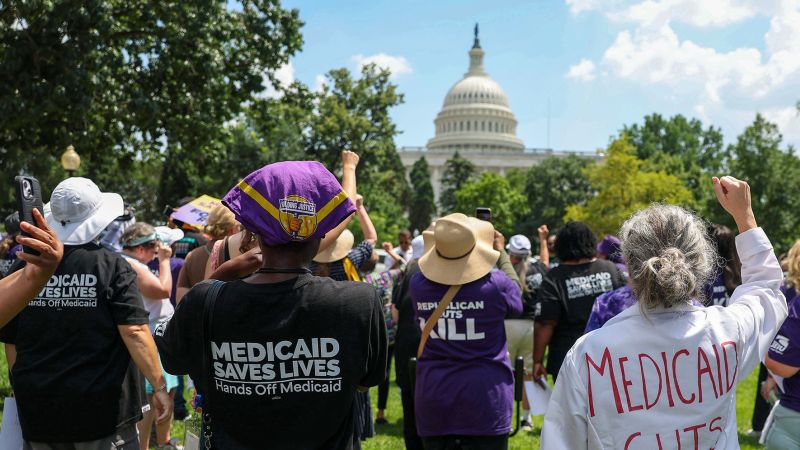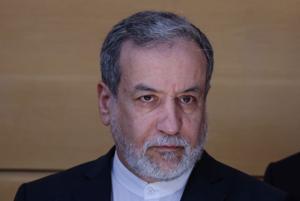
President Donald Trump’s sweeping tax and spending bill, currently under intense negotiation on Capitol Hill, promises to impact a broad spectrum of Americans, from seniors and students to low-income families. The Senate recently passed the massive legislation after Vice President JD Vance cast the deciding vote, highlighting the contentious nature of the bill.
Meanwhile, morale among healthcare professionals at Veterans Affairs hospitals across the United States has plummeted. Amid hiring freezes and looming fears of layoffs, many doctors and nurses report shortages in essential supplies, raising concerns about the future pipeline of medical talent.
Trump’s Tax Bill: A Wide-Reaching Impact
The proposed tax and spending bill by President Trump is set to bring significant changes. The legislation, which has already passed the Senate, is designed to address various economic sectors, affecting nearly every demographic group in the country. The bill’s passage was marked by a tie-breaking vote from Vice President JD Vance, underscoring its divisive nature.
Critics argue that the bill could exacerbate income inequality, while supporters claim it will stimulate economic growth. The legislation includes provisions that could alter tax brackets, adjust deductions, and impact federal spending on social programs.
Expert Opinions and Economic Implications
Economists are divided on the bill’s potential outcomes. Some experts suggest it could lead to increased consumer spending and job creation. However, others warn of potential long-term deficits that could burden future generations. According to a recent analysis by the Congressional Budget Office, the bill could add trillions to the national debt over the next decade.
“This bill represents a significant shift in fiscal policy,” said Dr. Linda Harmon, an economist at the University of Chicago. “While it may provide short-term economic boosts, the long-term implications need careful consideration.”
Veterans Affairs: A Crisis in Healthcare Morale
At Veterans Affairs hospitals nationwide, morale among healthcare workers has reached a critical low. The combination of hiring freezes and fears of layoffs has left many doctors and nurses feeling overworked and under-resourced. Reports of supply shortages are common, further straining the system.
Healthcare professionals express concerns that these conditions could deter future medical talent from entering the VA system. The lack of resources not only affects current staff but also poses a risk to patient care quality.
Voices from the Frontlines
According to a survey conducted by the American Federation of Government Employees, over 70% of VA healthcare workers reported increased stress levels and job dissatisfaction. Many attribute these feelings to the current administrative policies and budget constraints.
“We are committed to providing the best care possible, but the current conditions make it increasingly difficult,” said Dr. Sarah Thompson, a VA physician. “We need more support and resources to continue serving our veterans effectively.”
Polar Exploration: Unveiling Hidden Threats
In a quest to uncover the presence of microplastics and nanoplastics in some of the Earth’s coldest regions, polar explorer Alan Chambers has teamed up with climate scientists. Their research aims to determine whether these pollutants have reached remote corners of the planet, posing environmental threats.
The findings from this expedition could provide crucial insights into the global spread of plastic pollution and its impact on fragile ecosystems. As the team navigates through icy terrains, preliminary results suggest that even the most isolated areas are not immune to human-induced contamination.
Scientific Collaboration and Environmental Impact
This collaborative effort between explorers and scientists underscores the importance of interdisciplinary approaches to tackling environmental issues. The research not only highlights the pervasive nature of plastic pollution but also calls for urgent global action to address the crisis.
“Our findings are a stark reminder of the far-reaching impact of human activity,” said Dr. Emily Carter, a climate scientist involved in the study. “It’s imperative that we take immediate steps to mitigate this threat.”
As these stories unfold, they reflect broader themes of economic policy, healthcare challenges, and environmental stewardship. Each development carries significant implications for the future, urging policymakers, healthcare leaders, and environmental advocates to consider strategic responses.





